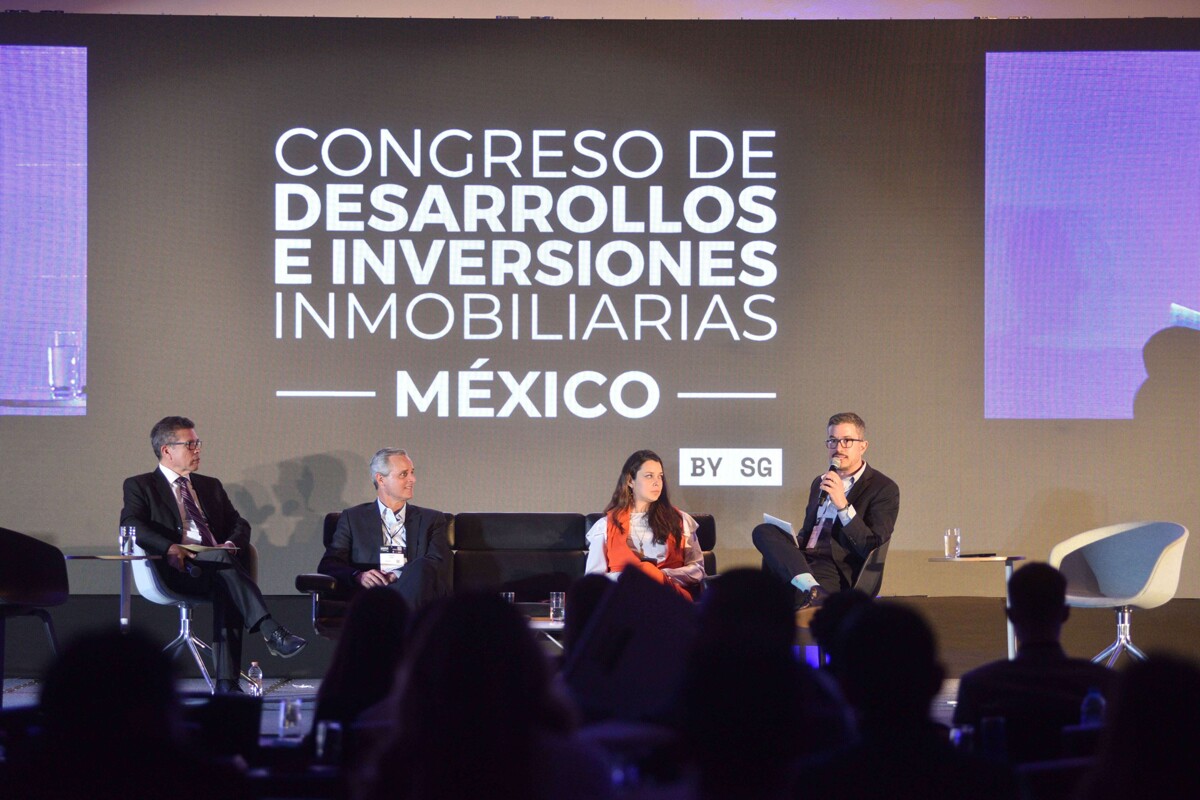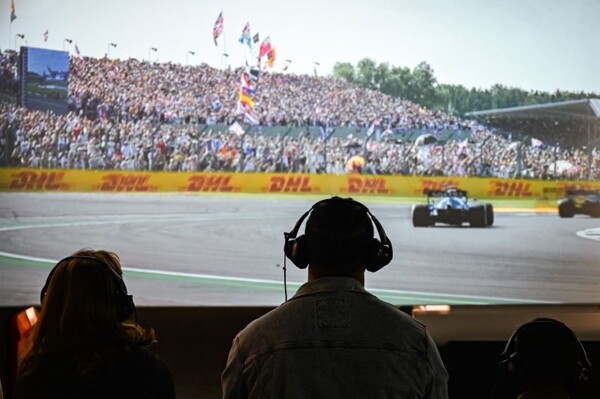
For the year 2025, Expo Real Estate Mexico seeks to expand its reach and strengthen its impact as the most important real estate business event in the country. It is a space that brings together the entire value chain to drive new investments, analyze trends, and connect key players in the sector. According to Silvano Geler, CEO of Grupo SG, the event organizer, this fair is relevant for all of Latin America.
The construction sector has experienced significant growth in recent years, with a 10.1% increase in 2024, mainly driven by a 22.9% rise in civil works and a 7.6% increase in construction, according to BBVA Research data. However, this growth is challenged by the shortage of skilled labor and high material costs.
To address these challenges, it is essential for the public and private sectors to work together, highlights Oviedo Ramírez. In this context, the 2024 edition of Expo Real Estate Mexico was the most successful in the event's history, bringing together over 70 stands from national and international companies, more than 120 free workshops, and a Congress on Real Estate Developments and Investments with the participation of 80 national and international speakers.
The nearshoring phenomenon has redefined the demand for industrial spaces in Mexico, creating a significant impact on the residential and commercial sectors. According to Cushman & Wakefield, the demand for industrial warehouses grew by 15% in 2024, especially in regions such as Bajío and the northern border of the country.
Additionally, the incorporation of technologies like Blockchain and Artificial Intelligence is revolutionizing the real estate sector. Proptech companies are leading this transformation, driving sustainability, digitization, and the impact of nearshoring. Karim Oviedo Ramírez, president of AMPI, emphasizes that developers incorporating sustainability criteria will attract investors aware of environmental impact.
Despite these advances, the housing backlog continues to represent a challenge in Mexico. According to McKinsey & Company, it is estimated that tools like sustainability could reduce construction costs by up to 20% and improve energy efficiency by 30%. According to Conavi, more than 2 million new homes are needed in Mexico to address this growing demand.














